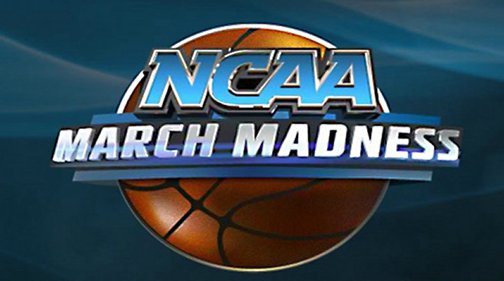Sporting events around the world have been halted due to the spread of COVID-19. Among North America’s major leagues, the NBA was the first to suspend its season on March 12 when Utah Jazz centre Rudy Gobert tested positive for the virus. Since then, nearly every professional sports league has suspended competitive play in an effort to limit the spread of the virus. The current situation is difficult for fans, athletes, and arena employees alike. Student athletes’ future careers and playing opportunities, however, will also feel the impacts of these disruptions.
Cancellations of league and playoff competition are adversely affecting student athletes in all spring and many winter sports. The most prominent example among these is the cancellation of March Madness, the annual NCAA Division 1 men’s and women’s basketball tournaments. This is concerning for student athletes who aspire to play professionally following the school year’s end. While certain star athletes have been on scouts’ radars since high school, many depend on the tournament to make a name for themselves.
This concern is even more acute for spring sport athletes—including those in baseball, beach volleyball, and tennis—who will likely lose their entire season and potentially an opportunity to play professionally. For both winter and spring sports, these issues may be compounded further by the cancellation of scouting tournaments that provide student athletes with an additional platform to meet with scouts.
These consequences have been felt by student athletes at McGill, too. The Martlet hockey team was prepared to compete in the National Championships from March 13 to 15, before the tournament was cancelled on March 12. Senior athletes at Canadian universities may be especially vulnerable, as many of them look to European professional leagues to continue their careers. However, as Europe is currently the epicentre of the pandemic, many of McGill’s own athletes may lose opportunities to reach overseas scouts.
In acknowledging these concerns, the NCAA has announced that all players in spring sports will be granted an extra year of eligibility. While this policy is a step in the right direction, it fails to support winter athletes who are also affected by the pandemic. Moreover, this policy does not address the tremendous opportunity cost student athletes face when being asked to return for an additional season. The financial burdens of being a student athlete are immense, and for many, these costs may prohibit their return to school and competition. As student athletes are unpaid, remaining for another year of eligibility when they had hoped to already be earning money may not be financially viable for many. The long-term consequences of this policy may also prove disastrous because there will be fewer roster spots opening for incoming freshmen, should seniors return for their additional year of eligibility.
U SPORTS in Canada is lagging even further behind, having not yet announced any policies to support student athletes, despite cancelling the hockey and volleyball National Championships.
Given these concerns, there is a great deal more that both collegiate and professional leagues must do to support student athletes. First among these is to provide financial assistance to student athletes in order to offset the opportunity cost of the lost season. This can be done by adjusting scholarship eligibility to ensure student athletes are supported both now and in the upcoming season.
Furthermore, the NCAA must extend additional eligibility to affected winter athletes, and U SPORTS should follow suit. Professional leagues also need to reschedule scouting events in order to offset the lost league play, which may necessitate professional leagues delaying summertime drafts until later in the year. Lastly, universities should provide more roster spots for freshmen to redshirt in the upcoming year to ensure that the next group of young talent is not indirectly affected.
The NCAA and U SPORTS made the right decision to cancel league and tournament play in the face of the growing pandemic. However, in the coming weeks and months, both collegiate and professional leagues must take additional steps to ensure that student athletes are adequately supported in continuing their athletic careers.








